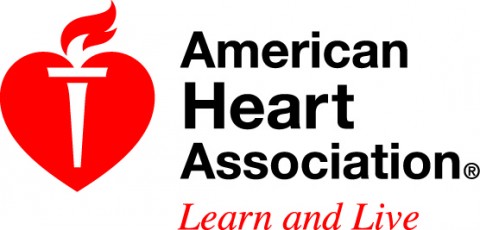 Dallas, TX – If you drink coffee regularly in moderation, you could reduce your risk of heart failure, according to new research in the American Heart Association’s journal Circulation Heart Failure.
Dallas, TX – If you drink coffee regularly in moderation, you could reduce your risk of heart failure, according to new research in the American Heart Association’s journal Circulation Heart Failure.
Researchers, analyzing previous studies on the link between coffee consumption and heart failure, found that moderate coffee drinking as part of a daily routine may be linked with a significantly lower risk of heart failure. In contrast, indulging excessively may be linked with an increased chance of developing serious heart problems.
“While there is a commonly held belief that regular coffee consumption may be dangerous to heart health, our research suggests that the opposite may be true,” said Murray Mittleman, M.D., Dr.P.H., senior study author and director of the Cardiovascular Epidemiology Research Unit at Beth Israel Deaconess Medical Center in Boston.“We found that moderate consumption — which we define as the equivalent of about two typical American coffee shop beverages — may actually protect against heart failure by as much as 11 percent,” he said. “On the other hand, excessive coffee drinking — five to six commercial coffee house cups per day has no benefit and may even be dangerous. As with so many things, moderation appears to be the key here, too.”
Researchers reviewed five high quality prospective studies of coffee consumption and heart failure risk published between 2001 and 2011. Combined, the studies included 6,522 heart failure events among 140,220 males and females. Four of the studies were conducted in Sweden and one in Finland.
The study defines moderate consumption as four Northern European servings per day, the equivalent to about two typical 8-ounce American servings. Excessive coffee consumption is 10 Northern European servings per day, the equivalent to four or five coffees from popular American coffee restaurant chains (servings sizes vary from 9 to 20 fluid ounces per serving).
Researchers didn’t account for brew strength, but coffee is typically weaker in the United States than it is in Europe. They also didn’t differentiate between caffeinated and decaffeinated coffee, but most of the coffee consumed in Sweden and Finland is caffeinated.
“There are many factors that play into a person’s risk of heart failure, but moderate coffee consumption doesn’t appear to be one of them,” said Elizabeth Mostofsky, Sc.D., lead study author and research fellow at Beth Israel.
The American Heart Association recommends that heart failure patients consume only a moderate amount of caffeine — no more than a cup or two of coffee or other caffeinated beverage a day.
Researchers didn’t definitively say why coffee offers a heart-health benefit. But evidence suggests that frequent coffee drinkers develop a tolerance to the beverage’s caffeine, which may put them at a decreased risk of developing high blood pressure.
Habitual coffee consumption is also associated with a lower risk of type 2 diabetes, with most studies showing the greatest reduction in risk with higher levels of coffee consumption.
“Diabetes and hypertension are among the most important risk factors for heart failure, so it stands to reason that reducing one’s odds of developing either of them, in turn, reduces one’s chance of heart failure,” Mittleman said.
Other co-authors are Megan Rice, Sc.D., and Emily Levitan, Sc.D.
The study was partly supported by grants from the National Institutes of Health.
Read the current American Heart Association guidelines on preventing heart failure or learn about caffeine and heart disease .


